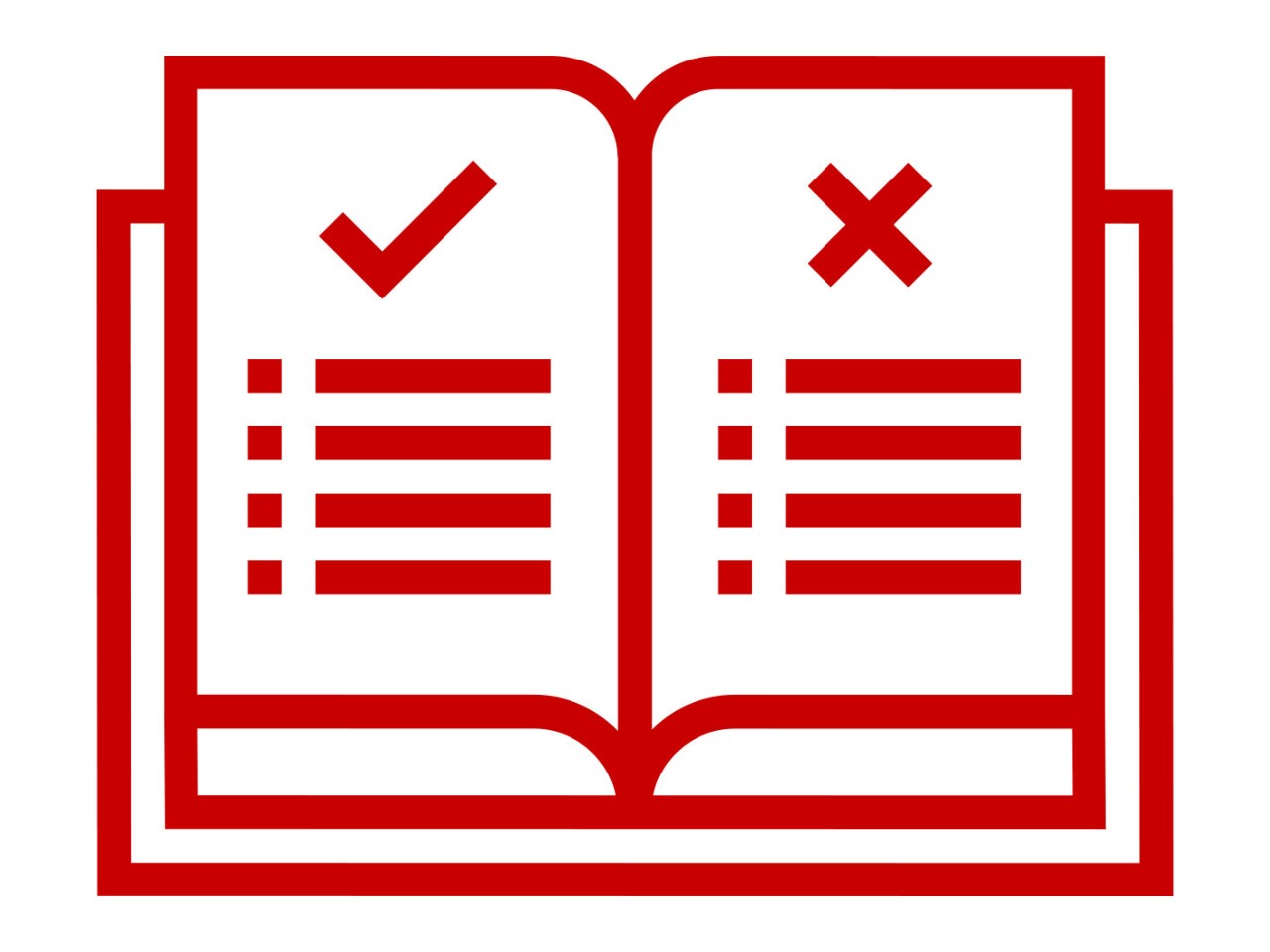
In the past few years, large companies have steadily increased the volume and detail of their non-financial information (NFI) disclosures – partly by choice and partly in reaction to legislation.
The European Commission’s Non-Financial Reporting Directive (NFRD), for example, which became effective in 2018, requires companies with more than 500 employees to disclose their policies on environmental protection, social responsibility, anti-corruption and bribery, respect for human rights and board diversity.
Increasing calls for greater comparability of NFI disclosures across all companies, and for the information to be auditable, means that more legislation is inevitable in the future. The EC has already asked the European Financial Reporting Advisory Group to undertake preparatory work for possible EU non-financial reporting standards.
The IFRS Foundation has also released a consultation paper to assess the appetite for global sustainability reporting standards, including the option of a Sustainability Standards Board that would operate alongside the International Accounting Standards Board.
Two arguments
One important question, though, is whether NFI requirements should be extended to SMEs. There are two broad schools of thought. On the one hand, mandated disclosures are seen as irrelevant to many SMEs and therefore unnecessarily burdensome. On the other hand, many argue that an increasing number of SMEs are already reporting NFI at the request of a bank or other third party, or because they form part of the value chain of an organisation that is covered by the NFRD – so why not standardise these disclosures through legislation?
There are clear benefits for SMEs from providing robust NFI, such as access to cheaper finance
The NFRD is currently under review, the results of which are expected in the first quarter of 2021. Speaking at a recent webinar hosted by ACCA and Accountancy Europe, Lara Wolters, MEP and member of the EC’s Legal Affairs Committee, said the Committee believes that the NFRD requirements should be extended to companies with 250 employees or more. ‘We have not explicitly asked to make NFI reporting mandatory for SMEs,’ she added, ‘but that’s not to say that they shouldn’t play a role.’
Wolters argued that some SMEs are exposed to the same ESG risks as larger companies. A diamond company with very few employees, for example, could have a huge turnover and a value chain that involves human rights risk.
Knock-on effect
SMEs also play an important role in the value chain of larger companies, and it is far more difficult for large companies to carry out due diligence if they cannot access NFI from SMEs in their value chain. ‘Investors and banks are becoming more and more demanding in terms of NFI,’ she said. ‘If we want to future proof the legislation, it makes sense to include SMEs.’
Many SME representative groups, however, oppose extending the NFRD requirements. ‘Our position is that NFI should remain voluntary for SMEs,’ said Luc Hendrickx, director of SME United, also speaking at the webinar. ‘Entrepreneurs should be able to choose the most appropriate way for their company to report.’
One of the most critical points is what form NFI requirements for SMEs should take. Hendrickx said that any NFI standard for SMEs should not be a cut-down version of a standard for large companies. ‘The only way to ensure there won’t be an additional burden for SMEs is to start small with a standard that can be applied by the majority of enterprises, and then extend it.’
Wolters also argued that NFI reporting should take a proportional, risk-based approach: ‘We should give SMEs the discretion to look at the risks that apply to them.’ One option, she said, is a ‘no risk statement’ – if an SME believes that it is not at risk (because, for example, it only operates locally), it could declare as much.
Mixed reception
The idea has mixed support, she added, ‘but we’re considering it because we don’t want to force SMEs to do what they don’t need to do. We want to provide discretion for companies to decide what is salient risk.’
Paul Gisby, senior manager at Accountancy Europe, felt that discussing a possible standard was ‘putting the cart before the horse’. Most SMEs were not even thinking about ESG 10 years ago, he said. ‘They are not at the reporting stage yet. They need to think first about how ESG will impact their business and then start improving their performance in those areas. Only then does reporting become an issue.’
The first stage of NFI reporting for SMEs, he said, was to understand risk management, and this is where the advice of accountants could be invaluable. ‘Accountants have a crucial role in explaining the advantages of a green business model and the importance of risk management. Being small doesn’t mean you’re not subject to risk.’ But, he added, accountants need to lead by example and look at their own ESG credentials first. ‘Personal experience is vital.’
NFI reporting by SMEs is not a pure cost – there are clear benefits that SMEs can gain from providing robust NFI, such as access to cheaper finance. ‘It’s good for return on investment,’ is how Wolters put it. ‘Greening the business model helps branding and it helps to attract highly motivated staff,’ agreed Gisby. ‘SMEs are the driving force behind many innovations. If they focus their attention on this topic, they can lead the way.’
Whether or not we can expect greater comparability of NFI disclosures across companies both large and small is still up for debate, but all eyes will be on the review of the EC’s NFRD expected early next year.




